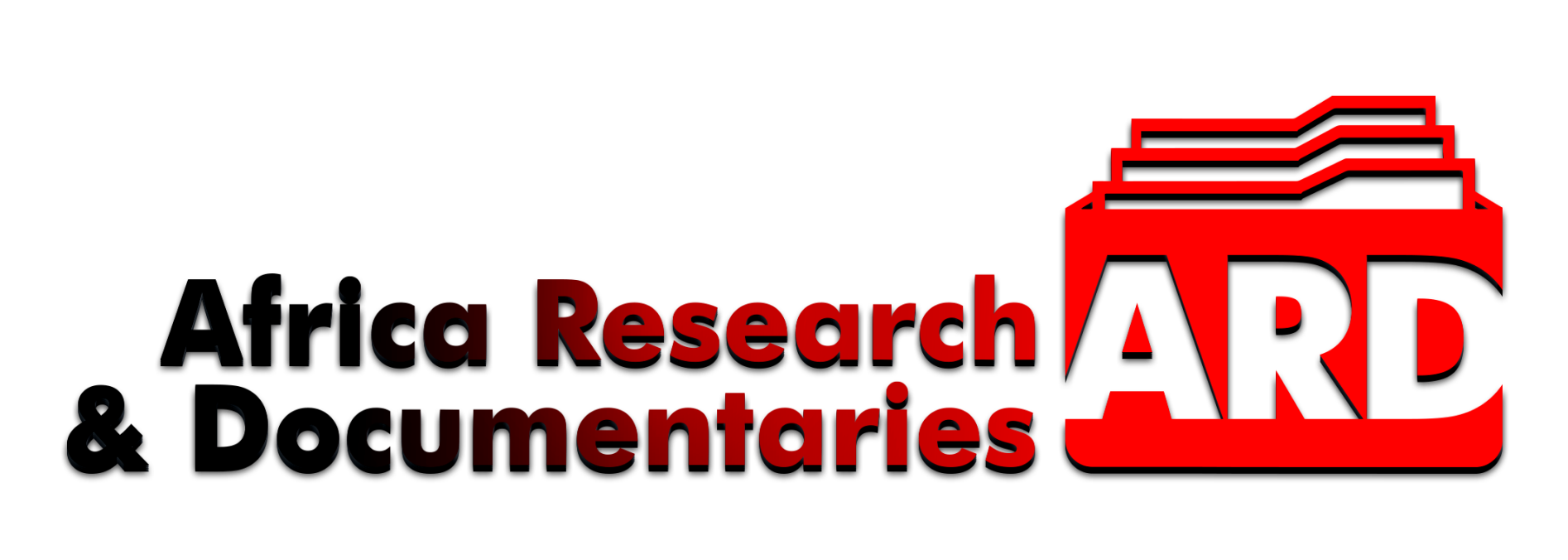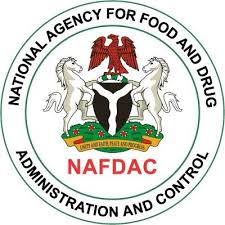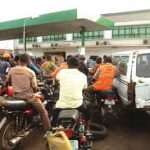Nigeria’s Worsening Food Crisis, A Grim Reality Amid Government Confusion
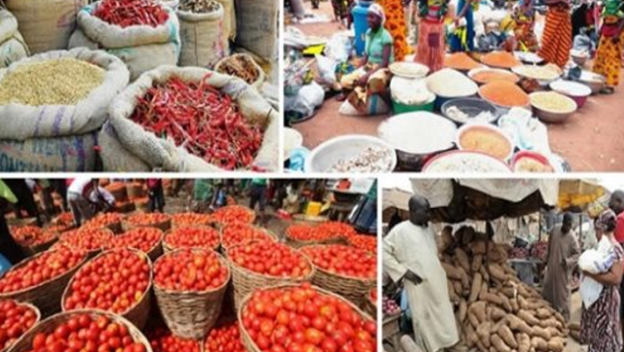
Worsening food crisis in Nigeria – ARDnig
Nigeria’s food crisis is worsening due to the dual impacts of dryness and floods, leading to high food prices and potential pest invasions. The government’s response has been criticized as inadequate, with a need for a more decentralized approach to food production and distribution.
The Dual Catastrophe: Dryness and Floods
Nigeria is currently facing an unprecedented food crisis, exacerbated by two simultaneous disasters: dryness and floods. The situation is dire, with ten states severely hit by floods, including Kaduna, Kano, Jigawa, and Sokoto, among others. These states are crucial to Nigeria’s food production, and the devastation caused by these natural disasters has significantly reduced crop yields, leaving the nation on the brink of a severe food shortage.
High Food Prices Despite Harvests
Despite ongoing harvests, food prices remain alarmingly high in several states, such as Taraba. The cost of essential commodities like groundnuts has doubled compared to last year, reflecting the grim reality of Nigeria’s food supply. This sharp increase in prices is a direct result of the reduced harvest due to the dual impacts of dryness and flooding, creating a bleak outlook for the nation’s food security.
Nigeria’s food crisis is a grim reality that demands immediate and effective action. The dual disasters of dryness and floods have left the nation on the brink of severe food shortages.
The Looming Threat of Pests
Adding to the already severe crisis, there is a growing concern about the potential invasion of pests, such as locusts and birds, which often follow natural disasters like dryness and floods. These pests can cause catastrophic damage to crops, further exacerbating the food crisis. Currently, four states are already experiencing both dryness and floods, and if pests invade these regions, the situation could become even more dire.
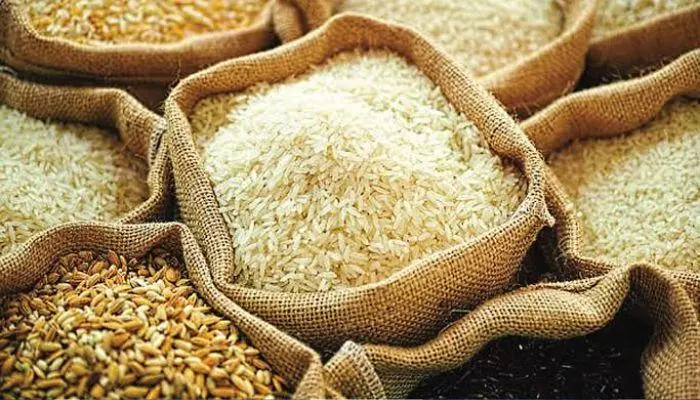
Nigeria worsening Food crisis – ARDnig
Government’s Confused Response
The Federal Government’s response to the food crisis has been criticized as inadequate and confused. While there have been attempts to import food items like rice, beans, and maize, the execution of these policies has been flawed. The government’s guidelines for food importation, such as the requirement for companies to mill 100 tons per day, have excluded key regions like Lagos, which could have played a crucial role in mitigating the crisis.
The Need for a Decentralized Approach
Nigeria’s current centralized approach to food production and distribution has proven ineffective in addressing the ongoing crisis. Unlike in other countries, where states manage their agricultural resources independently, Nigeria’s states are overly reliant on the Federal Government. This dependency has left the country vulnerable to food shortages. There is an urgent need for a decentralized approach that empowers states to manage their food production and distribution, ensuring a more resilient food supply chain.
Conclusion
The worsening food crisis in Nigeria highlights the urgent need for better disaster management and a more decentralized approach to food production. Without immediate and effective action, the nation risks facing severe food shortages and widespread hunger.
